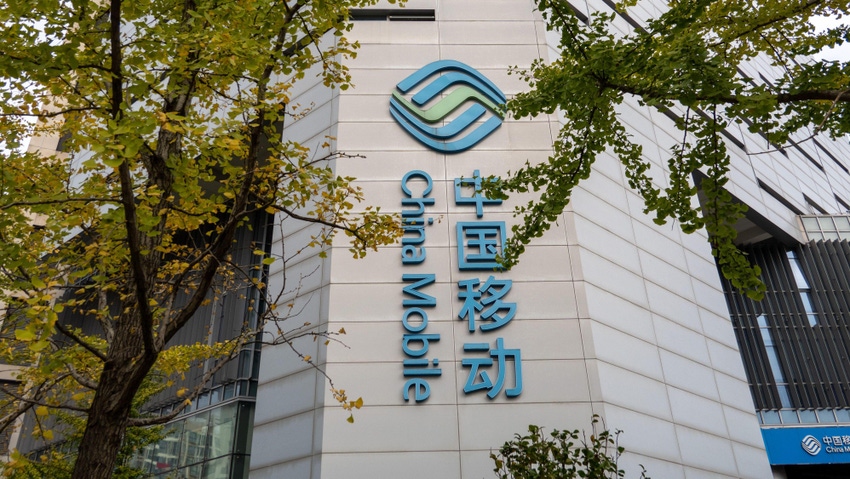China Mobile plots 5G-Advanced rollout while others stay on sidelines
China Mobile plans to roll out 5G-Advanced, but other operators are not yet feeling it – despite Huawei's best efforts.

China Mobile is first out of the gate with large-scale deployment of 5G-Advanced – but it seems to be alone in its enthusiasm.
Li Qiang, head of the big telco's planning and construction department, told MWC last week the Chinese giant will roll out the technology in 300 cities this year and aims to fully deploy by 2026.
He said the company hopes the integration of 5G-Advanced with cloud and AI will create new services based on its rich new user experience capabilities.
"Driven by both technology and market, 5G-A's commercial integrated cloud and AI will generate new experiences, new connections, new models and new services, and promote the sustainable development of 5G," Li said.
China Mobile has built the world's largest 5G network, with 1.94 million basestations, covering 94% of the population, according to Li. It spent 81.4 billion Chinese yuan (US$11.3 billion) on capex in the first half of 2023, including 42.3 billion yuan on mobile.
But other operators just aren't feeling it – not even in China.
'A lot of chatter'
Rival China Unicom has just begun a 5.5G pilot in Beijing, with coverage in three districts. That is more than China Telecom, whose interest in the technology seems to be limited to the Hangzhou Asian Games.
CNBC reported on Monday there had been "a lot of chatter" about 5.5G at Barcelona. But no one is publicly committing to it. That is despite Huawei's best efforts.
The hype at Barcelona may have been around AI, but for the industry's biggest vendor, the chief focus was 5.5G. Of Huawei's 30 news announcements last week, 13 were partially or wholly about 5G-Advanced.
Many of them were MoUs, such as this one with Zain in Saudi Arabia, this one with Turkcell, or this one with du in the UAE. While these may foreshadow future contracts, an MoU is just a placeholder in the absence of an actual agreement.
The rather important fact that the 5G-Advanced standard, aka 3GPP Release 18, is not finalized is not helping the sales campaign. It is scheduled to be frozen in the first half of this year, but that is unlikely to unleash a torrent of new equipment orders.
That is because, as everyone knows, operators are still sweating their massive 5G investments. Telcos aren't going to be gulled again by tales of ten times more speed, autonomous driving and dazzling new business models.
While 5G may not have brought in any extra cash, it is at least a much more efficient way of carrying data. If nothing else, the weight of traffic will drive telcos to upgrade their networks – but it doesn't look like that will be this year.
Read more about:
AsiaAbout the Author(s)
You May Also Like












